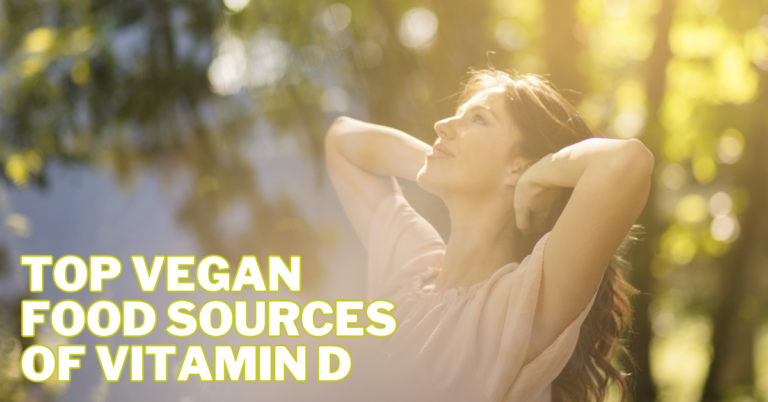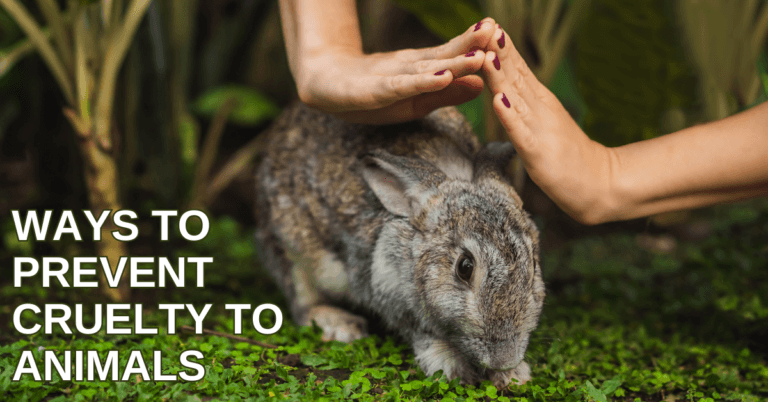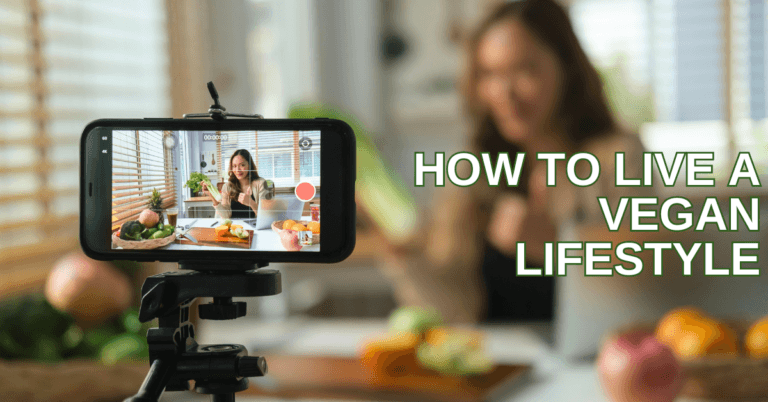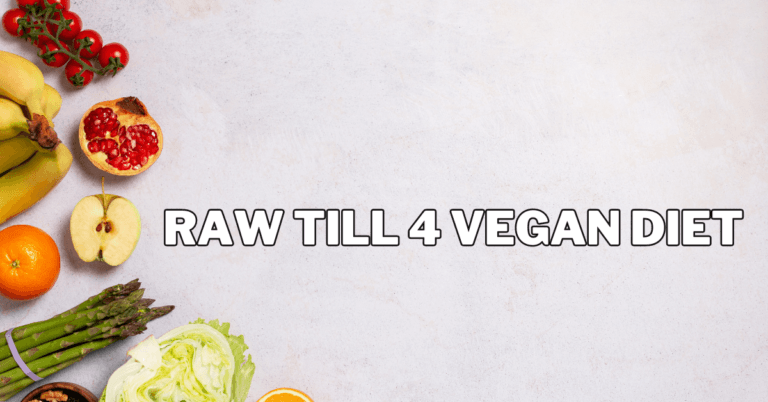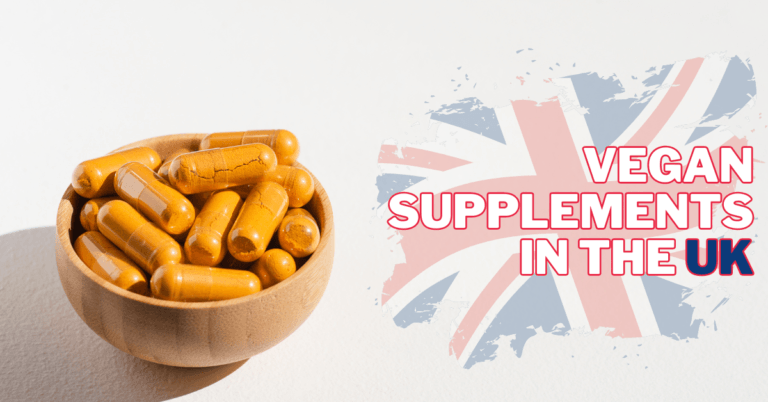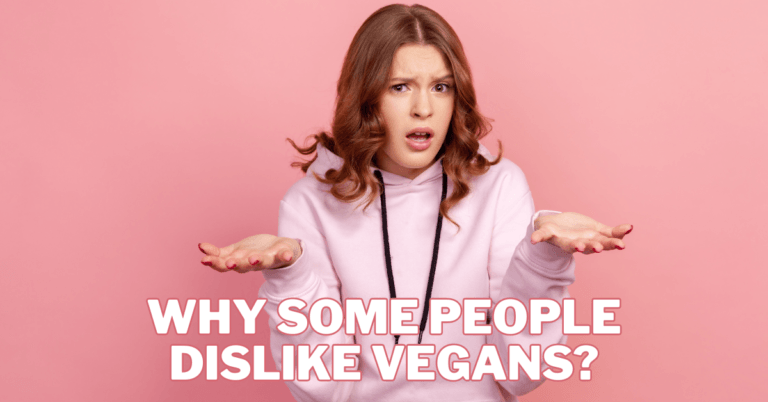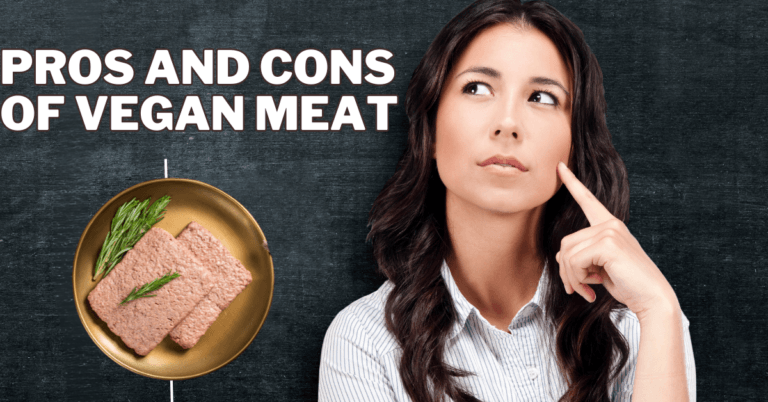Best Vegan Food Sources Of Vitamin D
Best Vegan Food Sources Of Vitamin D Discovering reliable Vegan Food Sources of Vitamin D is crucial for individuals embracing plant-based diets, ensuring they meet their nutritional needs while adhering to their dietary preferences. In recent years, the popularity of veganism has soared, with more individuals embracing plant-based diets for ethical, environmental, and health reasons….

